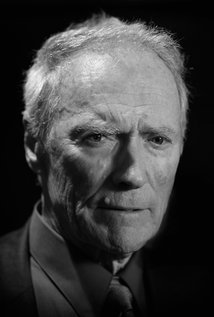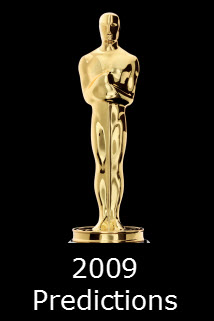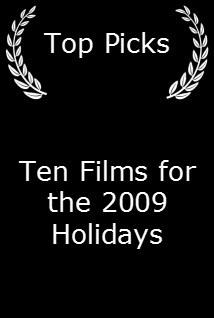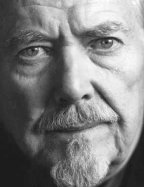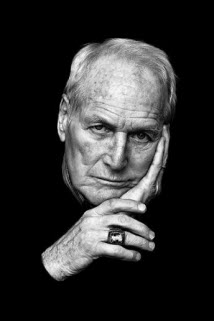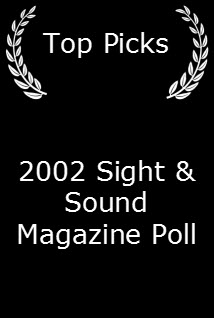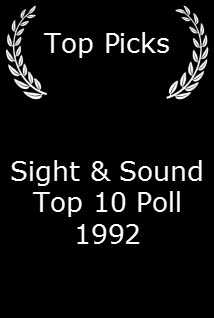The American (2010)


Content by Tony Macklin. Originally published on September 1, 2010 @ tonymacklin.net.
In the first five minutes of The American, popular movie star George Clooney shatters his image.
I like actors who shatter their image, -- e.g., Paul Newman in Robert Altman's Buffalo Bill & the Indians (1976) -- but most moviegoers totally reject those performances.
As Buffalo Bill, Newman's iconoclasm was brilliant and memorable. Clooney's contrary performance in The American is narrow and forgettable.
And because of the beginning you know after the first five minutes how the film is going to end.
The American is the spiritless story of an assassin/weapons maker Jack (Clooney) who is on the run from Swedish hitmen and maybe others who want him dead.
As Jack escapes to a remote village in Italy, he still has the assignment to construct a lethal weapon for a female assassin (Thelka Reuten).
The basic theme of the movie focuses blearily on how Jack begins to change. He meets a friendly priest (Paolo Bonacelli) and Clara, a whore with a heart of pizza (Violante Placido), who try to humanize the cool, stoical Jack.
As Jack is undergoing a glacial transformation, hitmen are still in tepid pursuit.
Clara says to Jack, "You're a good man, but you have a secret." Yeah, you're dull.
I know The American is not just a Clooney vanity project, but it sure has the trappings. There are seemingly endless shots of Clooney -- see Georgie walk, see Georgie run, see Georgie exercise.
Clooney loves to have lengthy shots of himself riding in cars (see the last lengthy image of Michael Clayton, 2007). The only time George disappears is in the big sex scene, in which he spends much of the time offscreen.
And there are several shots of the back of George's head, which emotes as much as his face.
The American shows how limited an actor Clooney can be. He is at his best as an engaging cad -- Up in the Air (2009) which allowed him to smile a lot. But in The American Jack doesn't smile. That cuts down Clooney's repertoire of expressions by about 75%. He's still a handsome man, but that's irrelevant in a character study.
In The American, Clooney is Danny Ocean alone. He's a lonely rodent. He gives a performance of understated blandness. He's unBourne.
The Coen Brothers often are able to use Clooney's amiable blandness effectively. And Clooney seems to have more success as a supporting actor. He won his acting Oscar in a supporting role in Syriana (2005).
The sequences in The American of Jack walking at night through the narrow, winding, empty, cobble-stoned streets is symbolic of his solitary sojourn to solace (take that Dylan Thomas!)
The American seems to harken back to American films of the 1970s, perhaps the best era in American cinema. Often they were steeped in alienation. I was there watching the films of the 1970s, and George, you are not Jack Nicholson. Or even Charles Bronson.
Clooney seems to channel Bronson (The Mechanic, 1972) but where Bronson was a killer bull, Clooney seems a vexed lamb. Bronson's craggy face had more character than Clooney's smooth one.
In The American in a scene in an eatery, director Anton Corbijn employs a tv screen showing a movie. It is showing a scene from Once Upon a Time in the West (1968), which is a Bronson film although he doesn't appear in the sequence. But it's a sequence in which blue-eyed Henry Fonda shattered his movie star image.
The direction by Dutchman Corbijn has arrestingly beautiful scenery, but he makes the 105 minutes seems much longer than they are.
The screenplay credited to Rowan Joffe from a novel by Martin Booth is shot full of holes. Jack throws away his cellphone but keeps the car, which may be bugged. Didn't Jack take Escape 101?
The writer's penchant for surprises throws out logic. When a crucial character is shot, it is a surprise, but illogical.
And Jack's transformation is warped. It's part the fault of the writer, and part the fault of the lead actor.
The American tries to relate to the 1970s, but it's 2010. George, I know you don't want to do it, but look forward to Oceans 14.

